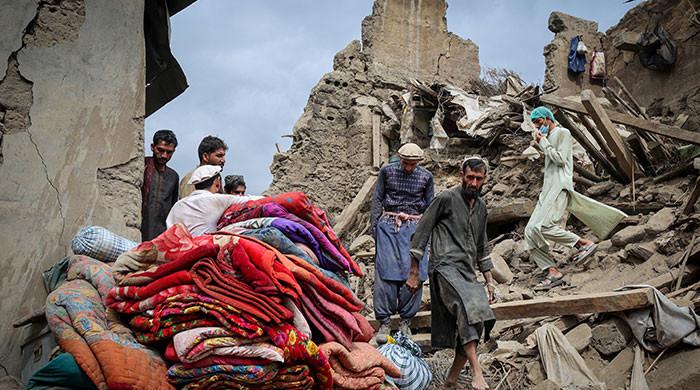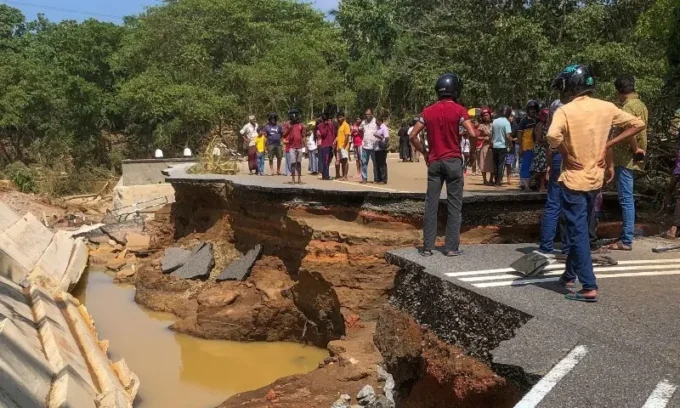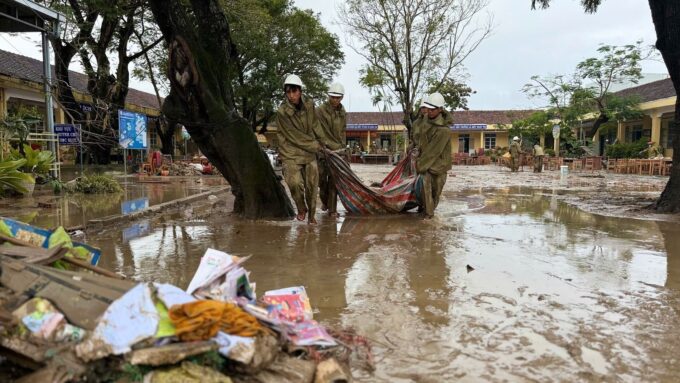Southeastern Afghanistan was struck by a magnitude 6.2 earthquake on Thursday, marking the third tremor in the region since Sunday. The first quake, one of the deadliest in recent Afghan history, claimed over 2,200 lives and flattened entire villages in Kunar and Nangarhar provinces.
The epicentre of Thursday’s quake was reported in the remote Shiwa district near the Pakistan border, according to Naqibullah Rahimi, a spokesperson for Nangarhar province’s health department. Early reports indicated structural damage in the Barkashkot area, though authorities were still assessing the full impact. The tremor occurred at a shallow depth of 10 km (six miles), compounding the destruction caused by previous quakes and leaving tens of thousands homeless.
Rescue teams continued to retrieve bodies from the rubble, with the confirmed death toll rising to 2,205 and injuries totaling at least 3,640, according to the Taliban administration. Survivors faced dire conditions, lacking shelter and essential supplies. “Everything we had has been destroyed,” said Aalem Jan, whose home in Kunar province was reduced to rubble. His family remained under trees with their few remaining belongings.
The second quake, a magnitude 5.5 tremor on Tuesday, further complicated rescue operations by triggering landslides and blocking access roads to remote villages. Over 6,700 homes have been destroyed, and humanitarian agencies warn that the toll may rise as more people remain trapped under debris. The International Federation of Red Cross and Red Crescent Societies described the needs as “vast and growing rapidly,” affecting up to 84,000 people.
Some villages in Kunar saw nearly two-thirds of residents killed or injured, and 98% of structures destroyed or damaged, according to Islamic Relief Worldwide. Survivors are digging graves, carrying bodies, and searching desperately for missing relatives, while aid convoys and commandos attempt to reach isolated mountain communities.
Afghanistan’s vulnerability is heightened by its geography along the seismically active Hindu Kush range and the widespread use of stone and timber in construction. Aftershocks and recent heavy rains have further destabilized the ground, the U.N. Office for the Coordination of Humanitarian Affairs said. Ongoing restrictions on aid workers and reduced foreign assistance have left the nation ill-equipped to respond to successive disasters.
The World Health Organization reported a $3 million funding shortfall for essential medicines and trauma kits, while the UN World Food Programme said it can provide support for only four more weeks. Jacopo Caridi of the Norwegian Refugee Council emphasized the urgency of sustained international aid: “Afghanistan cannot be left to face one crisis after another alone.”















Leave a comment